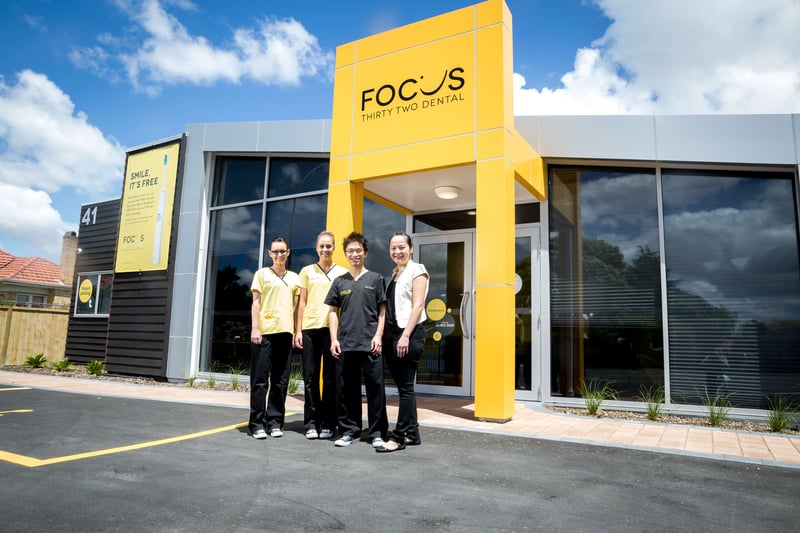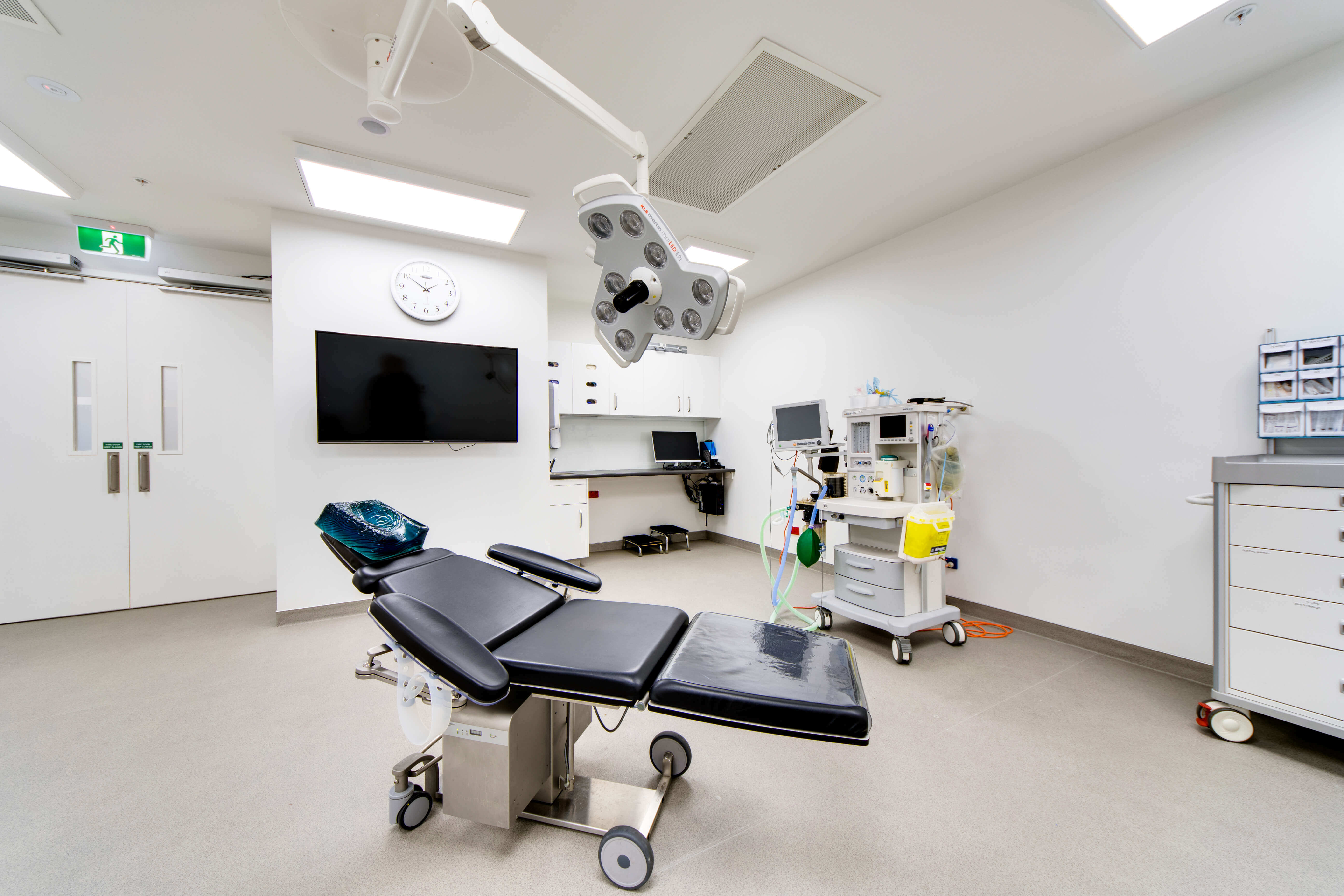Consents for a new dental practice
There are many considerations when it comes to setting up a new dental practice. From design and layout, to finance and equipment, it can be a lot to tackle on top of day-to-day activities. While it's exciting looking into the design and functionality of a new practice, it's crucial to at least have a basic understanding of the consenting process. While not as exciting as planning and design it's the part of the process that could hold up the final build, and increase costs further down the track.
We thought we'd make it that little bit simpler by explaining the different types of consent a new dental practice will typically need. In this article, we cover everything from building consent for the actual work, to potentially needing resource consent if the practice would change the use of the building, as well as how Dentec can manage all of the relevant submissions.

Disclaimer
You must seek independent legal advice prior to setting up your practice. The research phase is a great time to reach out to your local council as they can provide advice on planning provisions, regulations, and bylaws (such as the Building Act 1991, the Resource Management Act 1991, trade and waste bylaws, etc). Your local council will also be able to give you direction as to which consents you'll need to apply for when setting up your practice. If this is already sounding a little daunting, get in touch with Dentec. The team there is highly experienced in this field and will happily offer their expertise on which consents you will need.
Commonly required consents
Building consent
Whether you're making alterations to an existing building or building one from the ground up, you'll need to apply for a building consent. While this makes perfect sense for a new building, renovating or updating an existing dental practice will often require some alterations to the structure, such as setting up plumbing and drainage, and/or installing an air-conditioning system, which all require building consent. Thankfully, these are relatively simple to apply for.
Discussing your plans with your council offers a great opportunity to pick up an application pack, or you can download one from their website. This will inform you if they have special requirements, such as mandatory online applications or having to book a meeting to see the right person. Knowing this will save you time during the application process. Typically, applying for consents online reduces the inconvenience and cost associated with hard copy exchanges and prevents potential issues around accessing documents.
There is a fee associated with getting a building consent, which will vary depending on your council and the complexity of your project. This may include a government levy that contributes to the development and management of the Building Act and Building Code.
Be mindful to submit your application for consent promptly as you cannot start any physical work on your building until your consent has been granted. Also, if you change your plans after the building consent has been granted, you will need to pay additional fees for the council to review them. So it's more efficient and less costly to make a comprehensive plan from the beginning.
The good news is that Dentec can take the stress of applying for a building consent completely out of your hands. The team at Dentec are well-seasoned when it comes to liaising with local councils and can take care of the entire consenting process so you can focus on other important areas of the business.

Resource consent
Whether or not you require resource consent will depend entirely on your local council as it differs for every district/city. So what is resource consent?
It's a formal approval to do something that hasn't been distinctly identified in the existing zoning plan or resource consent for that building. Commonly a resource consent is needed to subdivide land, or change the permitted purpose of a building, as an example. In the case of opening a new dental clinic, resource consent may be required if the property was originally zoned for residential use only and now you want to run a business from the building.
Resource consents typically focus on conditions to avoid, fix or reduce the impact on the environment resulting from an activity. This can include provisions for discharging contaminants in water, soil, or air or even increasing infrastructure loading by increasing traffic congestion due to a new business. Since several forms of hazardous waste can be found in dental clinics, such as dental amalgam, x-ray waste, and lead, as well as medical and pharmaceutical waste, it's imperative that it's disposed of safely and in line with council regulations.
Following the Resource Management Act, councils must prepare plans to meet the wants and needs of the local community when it comes to the usage of natural resources and any activity that will impact the environment.
If your dental practice doesn't require resource consent due to your local council's criteria, they can instead provide you with a certificate of compliance for your permitted activities. This ensures all of your bases are covered and that your practice has been established lawfully.
Resource consents can be more difficult to navigate than building consents due to the unique nature of dental clinics. However, Dentec is experienced in this area and can ensure your consenting process goes smoothly and with haste should you work with them for your new practice design and fitout.
What happens if you don't get any consent?
If you do not obtain the appropriate consent(s) for setting up your dental practice, and you begin building or working, you will be breaking the law. This can result in a fine of up to $200,000. If you continue the work following the fine, you could face an additional fine of up to $20,000 for each day you proceed. Your council also has the right to revert your building modifications if they are deemed dangerous or unsanitary. They can also give you notice to repair or remove any building work you have completed without consent, which could include an instant fine of $1,000.
To avoid any fines and ensure your consents are approached in a timely manner and fulfilled legally, Dentec can take care of both consent processes to remove the hassle for new owners. It can be a confusing process and having our expertise working with you can remove the stress altogether.
It's important to note that regulations can and do change over time. As the owner of a dental practice, it's your responsibility to be aware of and adhere to any future changes. As soon as you start the planning process of your new dental practice, the Dentec team can manage all of the consent submissions your practice will require. They are well versed in this area and will guide you through what can otherwise be a lengthy process.
Dentec offers a nationwide, no-obligation site consultation and service. This can include advice on how to start a dental practice, how to renovate your existing practice, as well as expertise on the consenting process, including both resource and building consent.


